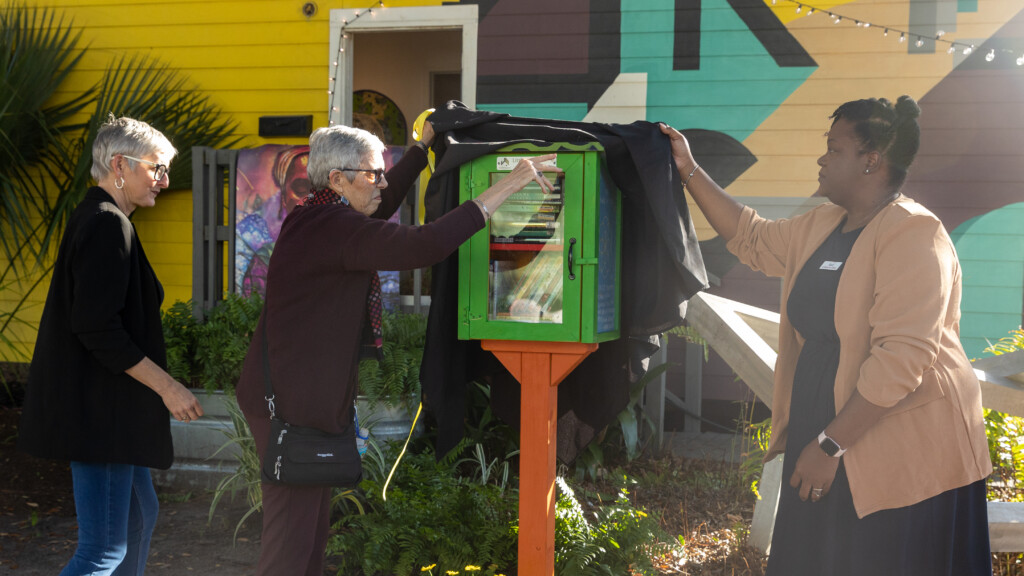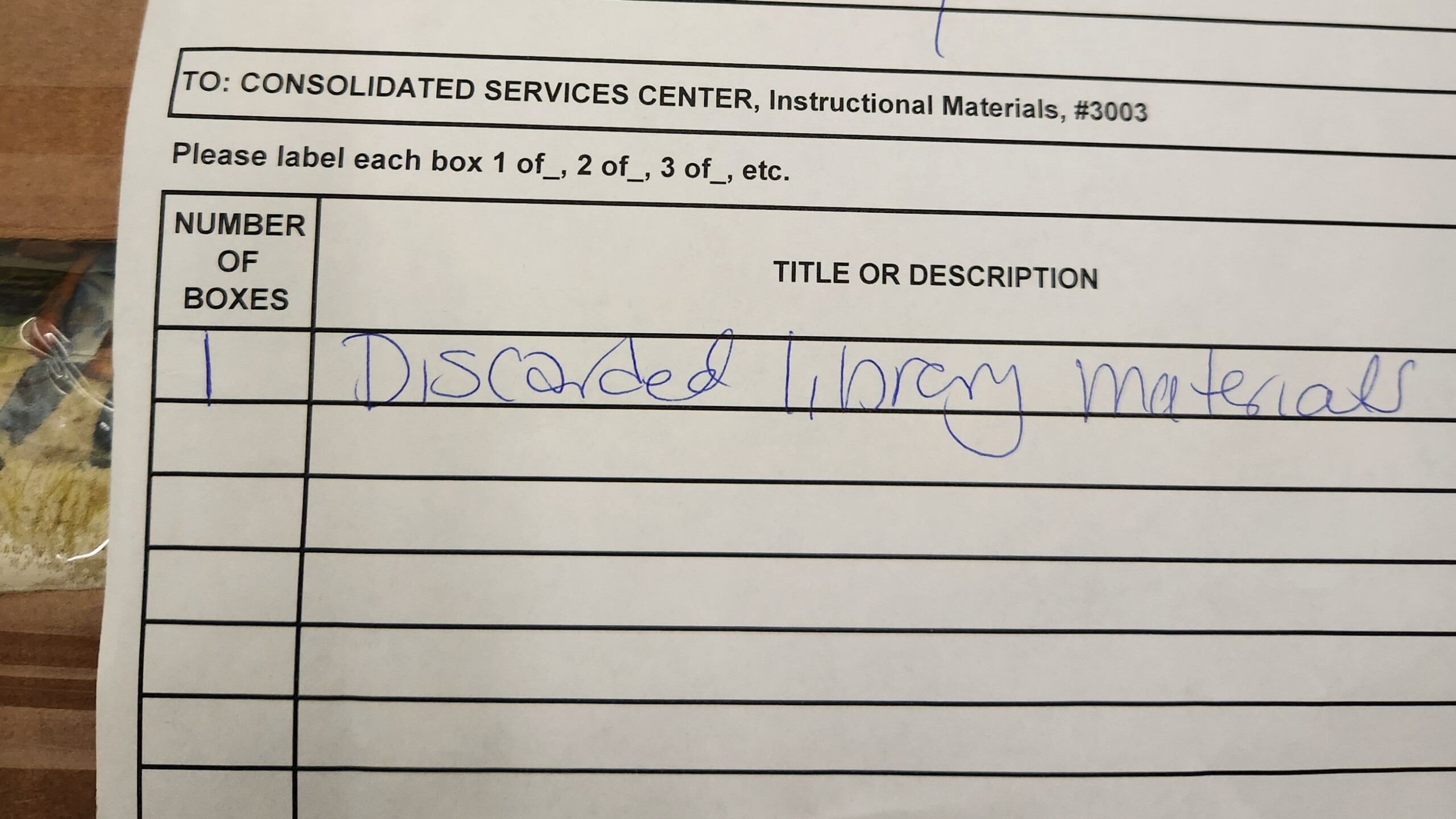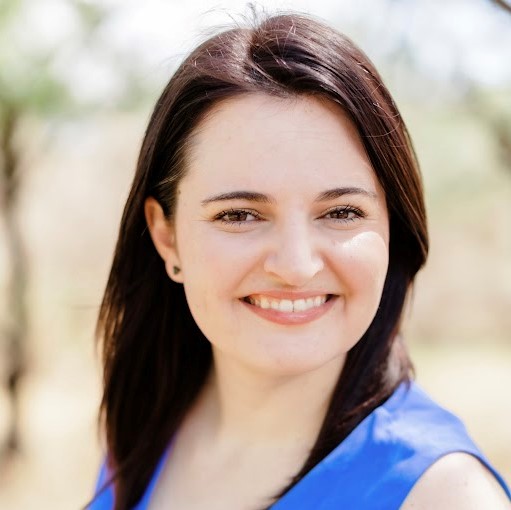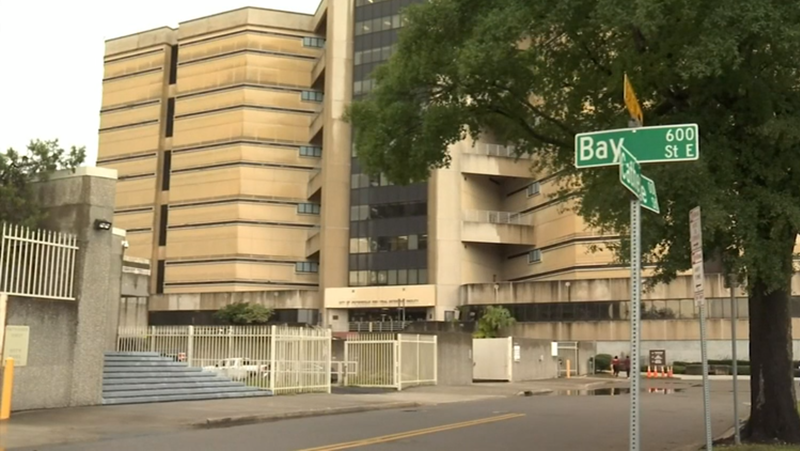After picking up her kindergarten and first grade granddaughters from their school in Jacksonville one afternoon this spring, Melody Shacter was shocked when one of them burst into tears about books recently pulled from shelves.
“She said that they had given her a bag of books and she had accidentally forgot the bag at school,” Shacter said. “She was terrified that they were going to throw the books away, and so she was just sobbing.”
Luckily for the crestfallen child, the bag of books was still waiting for her the next day. But her fear that some books are being thrown out is not entirely unfounded.
Duval County Public Schools have sent about 60 tons of library books to a paper recycling center in Georgia since Florida passed its new book review law last year. That’s the weight of about 30 cars — and almost twice as many tons as the district sent for recycling the year prior, according to recycling logs obtained by Jacksonville Today.
Most of the discarded books were old or outdated, according to logs between November and March; one provision of Florida’s new book law provides for regular removal of books that aren’t checked out often.
It’s called “weeding,” an important part of maintaining a current library collection, according to the American Library Association. Some media specialists say they rarely had time to weed their collections before the state-mandated review of books — which could explain the jump in recycled library books this year.
But Duval Schools says it’s still undecided about what to do with the books pulled over content, and some librarians and teachers say they’ve received little guidance about whether to donate or toss unapproved books, as school districts wrestle with how to implement Florida’s new rules making it easier for the public to contest school books.
Some advocates are also concerned the weeding process is being used to quietly remove books featuring diverse stories or controversial themes.
“Weeding SHOULD NOT be used to permanently remove a book from a collection — especially when there’s pressure from a small population to ban the book for all patrons,” the book-advocacy group Florida Freedom to Read wrote on Twitter last month. “The whole community deserves an opportunity to address a challenge through the public review process.”
Thousands of weeded books
When Jacksonville Today asked whether the Duval school district is recycling books pulled for objectionable content, a spokesperson said the books are not being recycled like the old and worn books are, but that administrators don’t know where to donate them yet.
“Books that are currently being pulled due to issues of compliance with Florida law are not being recycled or discarded. The books are being temporarily stored at our Bulls Bay warehouse until we can identify a list of organizations to which we can donate these books,” the district’s emailed statement says.
Records present a slightly murkier picture. From a list Jacksonville Today obtained of 5,000 books that had been weeded and marked for discard between November and March, none of the titles were from the district’s 21-book “not approved” list.
However, the list did include one weeded book that the district also returned to its publisher over its content last year: “The Best Man,” by Richard Peck, pulled from Julia Landon College Preparatory and Leadership Development School in January. “The Best Man” tells the story of a middle schooler attending a gay wedding; the book had not gone before a formal district review process.
After this story published, Duval Schools issued a statement saying additional copies of “The Best Man” have “been available for students to check out all year, and a copy of that book remains in Landon’s media center.”
Another school marked six boxes of books from the Essential Voices collection with a “discard” form in January. The collection is a set of “diverse, inclusive” classroom library books the district ordered, but later pulled for review and partial exchange.
When Jacksonville Today asked the district why books were marked for discard if they were going to be returned to the publisher, the district said it was a mistake. “The instructional materials team is still working to locate this shipment. I have been made aware that the box should have been sent via a surplus form so they could be reshelved,” a spokesperson said.
Between March and May, the district sent 33 pallets of library books (about 6 tons) for recycling, according to records. Jacksonville Today has requested the library weeding logs since March as well but is still awaiting those records of the titles removed in the last couple months of the school year.
The Florida Department of Education says as punishment for providing students with unreviewed books, “educators could face discipline against their certificate for violating statutes and rules that establish the groundwork for education professionals in Florida.”
Discard or donate?
At the school level, media specialists and teachers who spoke with Jacksonville Today say they’ve received little guidance about when removed books are to be donated and when they’re to be discarded. Some are taking matters into their own hands to ensure books don’t end up getting trashed.
One elementary teacher, who asked to remain anonymous fearing backlash at work, posted a notice on social media offering up the books she pulled from her classroom library. During the last week of school, she says she was told to either discard, donate or store any books that hadn’t been approved.
“This is the saddest, most frustrating thing we’ve ever had to do in our classrooms,” she says, adding that she posted the books on social media because “I refuse to dump them in a trash can. It’s like throwing away food. It’s food for your brain.”
She said none of her rejected books were considered “unapproved” in the district’s system, but instead were simply not reviewed by the end of the school year or access was newly restricted by grade level. The district says, as of mid-May, about 108,000 of its roughly 1.6 million titles had been approved by a certified media specialist, as newly required under state law.
A statewide teachers’ union has filed a legal challenge to overturn the Florida Department of Education’s rule applying Florida’s book review laws to classroom libraries. A judge is expected to rule in that case this month.
Kimberly Allen, CEO of the Jacksonville racial justice coalition 904WARD, says her organization is ready and able to take books removed from school shelves. They’ve set up an email address for donations at books@904ward.org.

904WARD has built eight of its planned 20 Little Free Diverse Libraries across Jacksonville, and the group is inviting teachers, media specialists and community members to donate books. “We’d be happy to take any donations,” Allen says. “The books will absolutely go to fantastic use around our community.”
The Little Free Diverse Libraries are intended to “make sure that stories about people of color are told, that stories about people whose lives are typically in the margins are told by authors whose stories and whose lives tend to be marginalized,” Allen says.
The volunteer group Friends of the Jacksonville Public Library also accepts book donations at its used book store at 3435 University Blvd N. Proceeds from book sales support the Jacksonville Public Library.
Some books are headed to a paper shredder
While rejected books may be sitting in a warehouse, many more have been recycled, payment logs from Textbook Warehouse show. The company pays the district per ton of books for paper recycling — minus the tonnage of library books.
“We do not purchase library books but will recycle these items at no charge to the district. Library books will be weighed separately and deducted from the load,” the district’s contract with Textbook Warehouse reads.
Emails between district media specialists, warehouse staffers and the former head of instructional materials, Michelle DiBias, also detail the district’s book-discarding process in recent months.
Media specialists pulled old, outdated or objectionable books and emailed the “library weeding log” of titles to DiBias, who then scheduled a warehouse driver to pick up boxes of books with a “discard” form affixed to the top.
When asked what happens to books marked with a discard form, the district said, “Damaged, old, off the adoption list/no longer usable, or out-of-date books are sent to a recycler for payment. Payments received are used to purchase new books.”

After Jacksonville Today pointed out that the district’s contract with Textbook Warehouse does not provide for payments for library books, the district issued its new statement that the books rejected over Florida law remain in storage.
Some media specialists — the district’s term for school librarians, the staffers currently responsible for ensuring compliance with Florida’s laws — provided their supervisor with detailed spreadsheets of the books destined for destruction in recent months. Others simply provided the number of boxes.
Of the roughly 5,000 books listed by title and marked for discard between November and March, publishing dates spanned from the mid-1900s through as recent as 2019.
Shacter says her granddaughters were glad to bring home more books from their classrooms during the last week of school. But she says they still don’t understand why they’re being pulled from the classrooms in the first place.
“Their world kind of revolves around books, so this whole idea of the school purging books – they just really didn’t understand what was going on.”
UPDATE: This story was updated June 5 with additional information from Duval County Public Schools about the book “The Best Man.”







